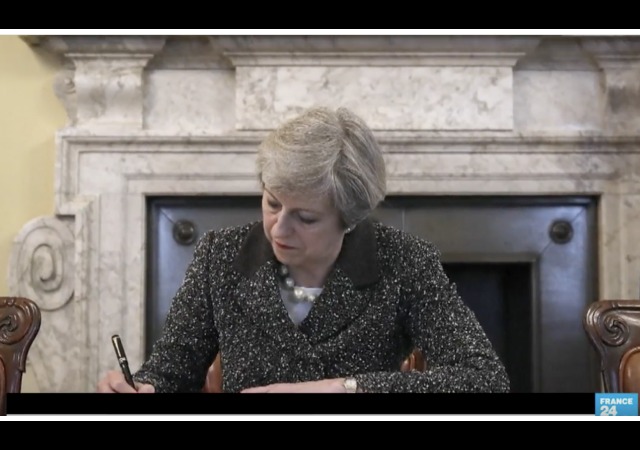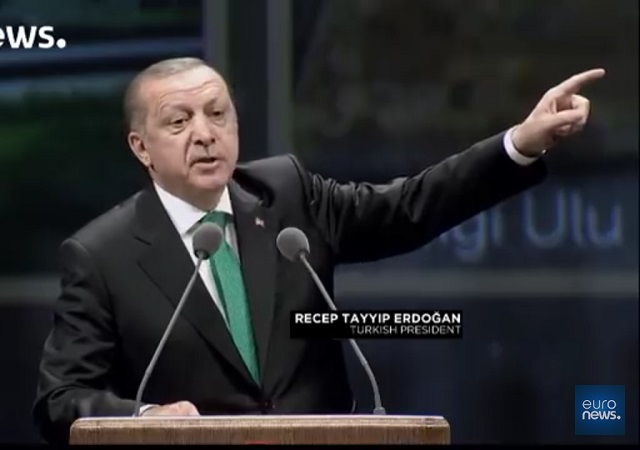Amid Migrant and Currency Crisis, EU wants deeper Economic and Political Union
on June 01, 2017
12 Comments
With the Greek debt crisis still unresolved and Brexit yet to be negotiated, European Union is rolling out plans to tie up the remaining 27 member states tighter together. In a policy paper released yesterday, the European Commission, the EU's political arm, lays out the roadmap for “completing a genuine financial union” by 2025. The 40-page policy paper calls for "further political integration" as well as a banking union," and a "more integrated Economic and Fiscal Union". Furthermore, the document calls for a unified "Euro Area Treasury" to be headed by a powerful "EU Finance Minister," "who would also be Chair of the Eurogroup."
The EU policy paper does not see the need for any national ratification or referenda over this irreversible political-economic union paraded as "reform" -- making it perhaps the biggest ever power garb by an unelected bureaucracy.

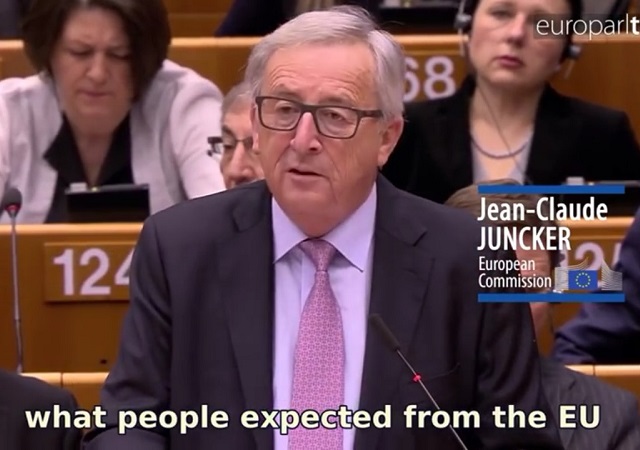
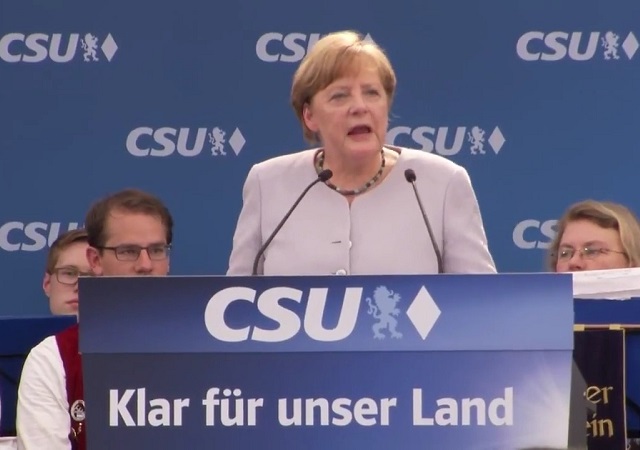
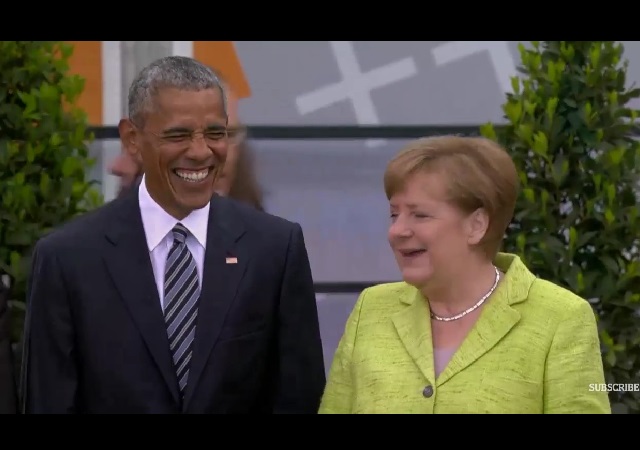
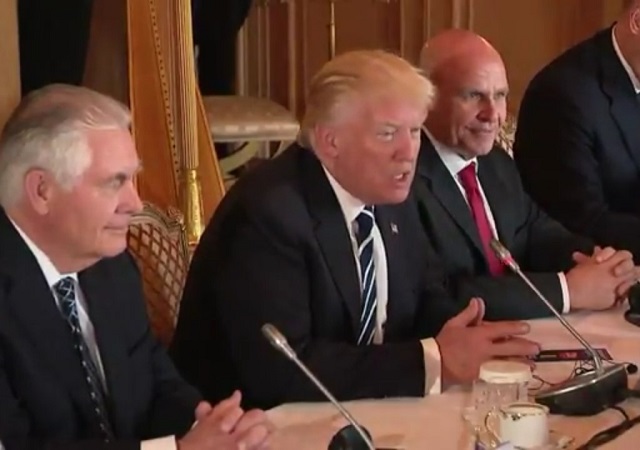
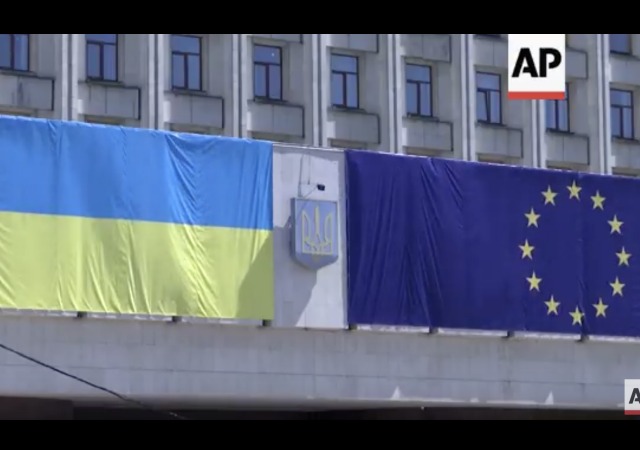
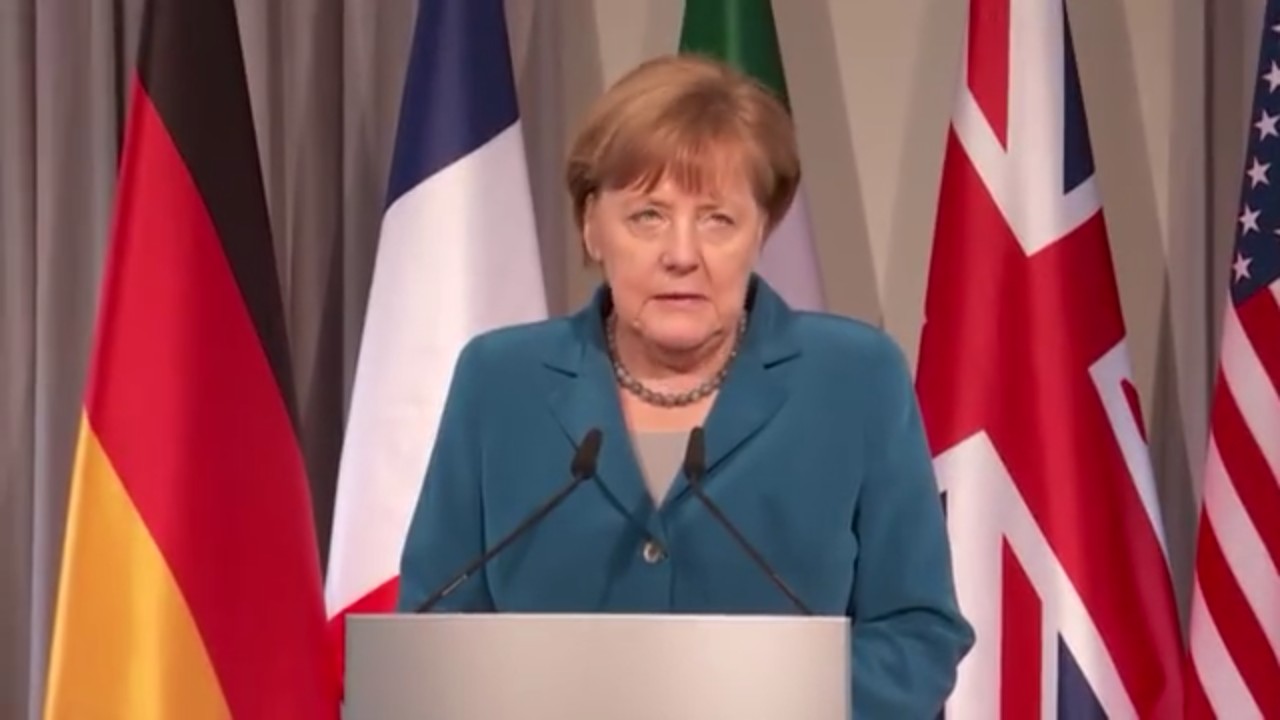
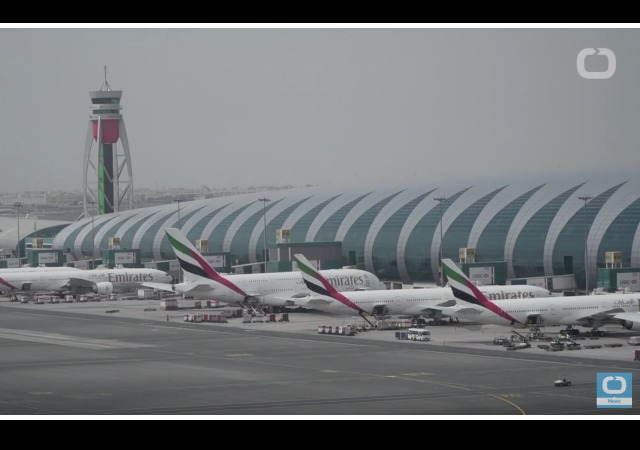
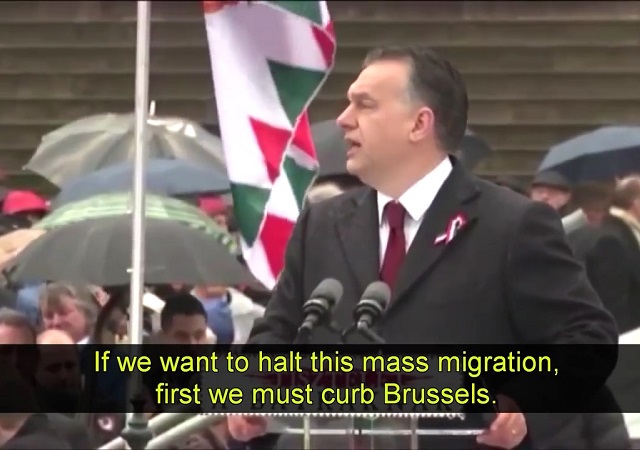
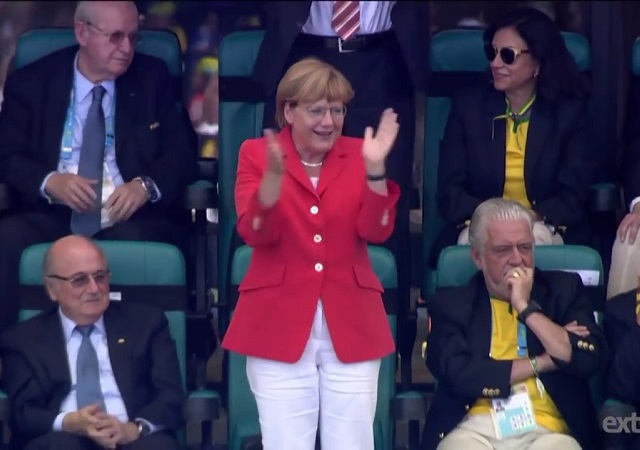
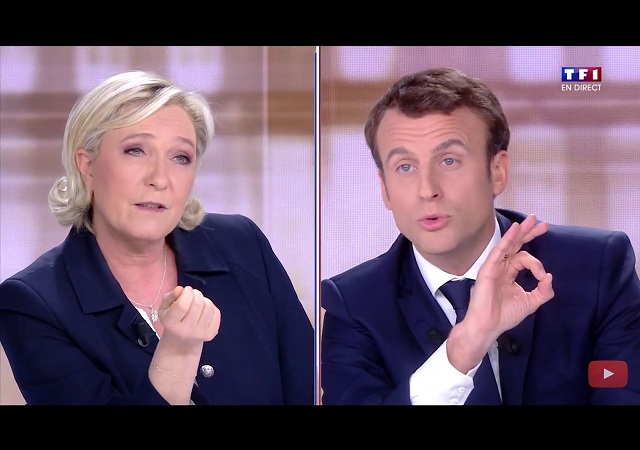
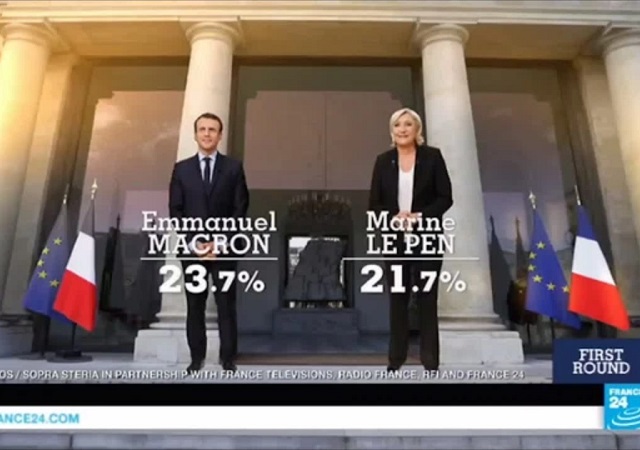
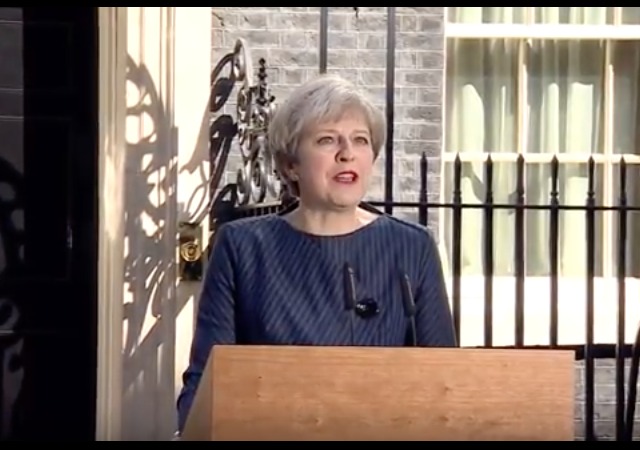
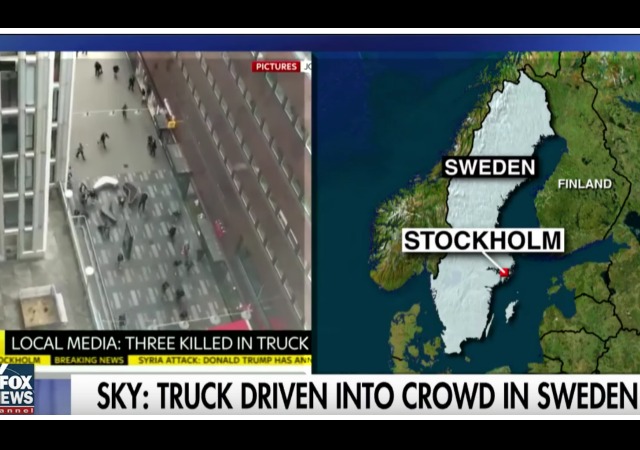
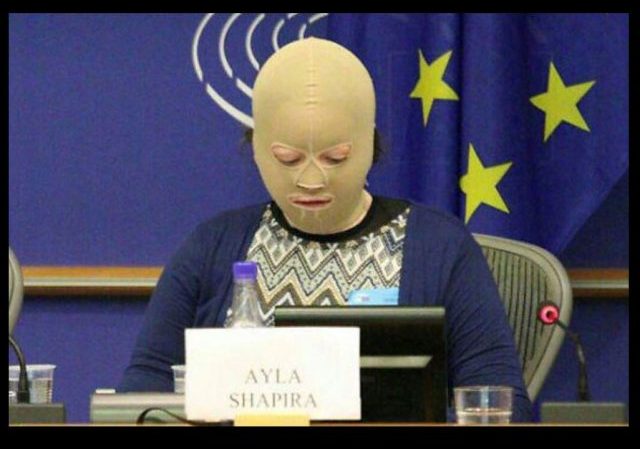
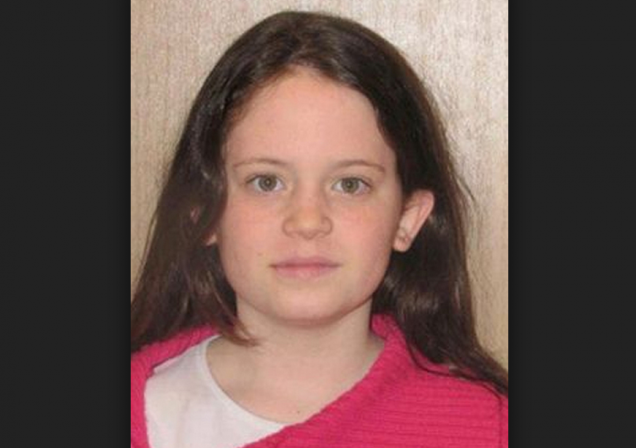 Anne's post was,
Anne's post was, 
